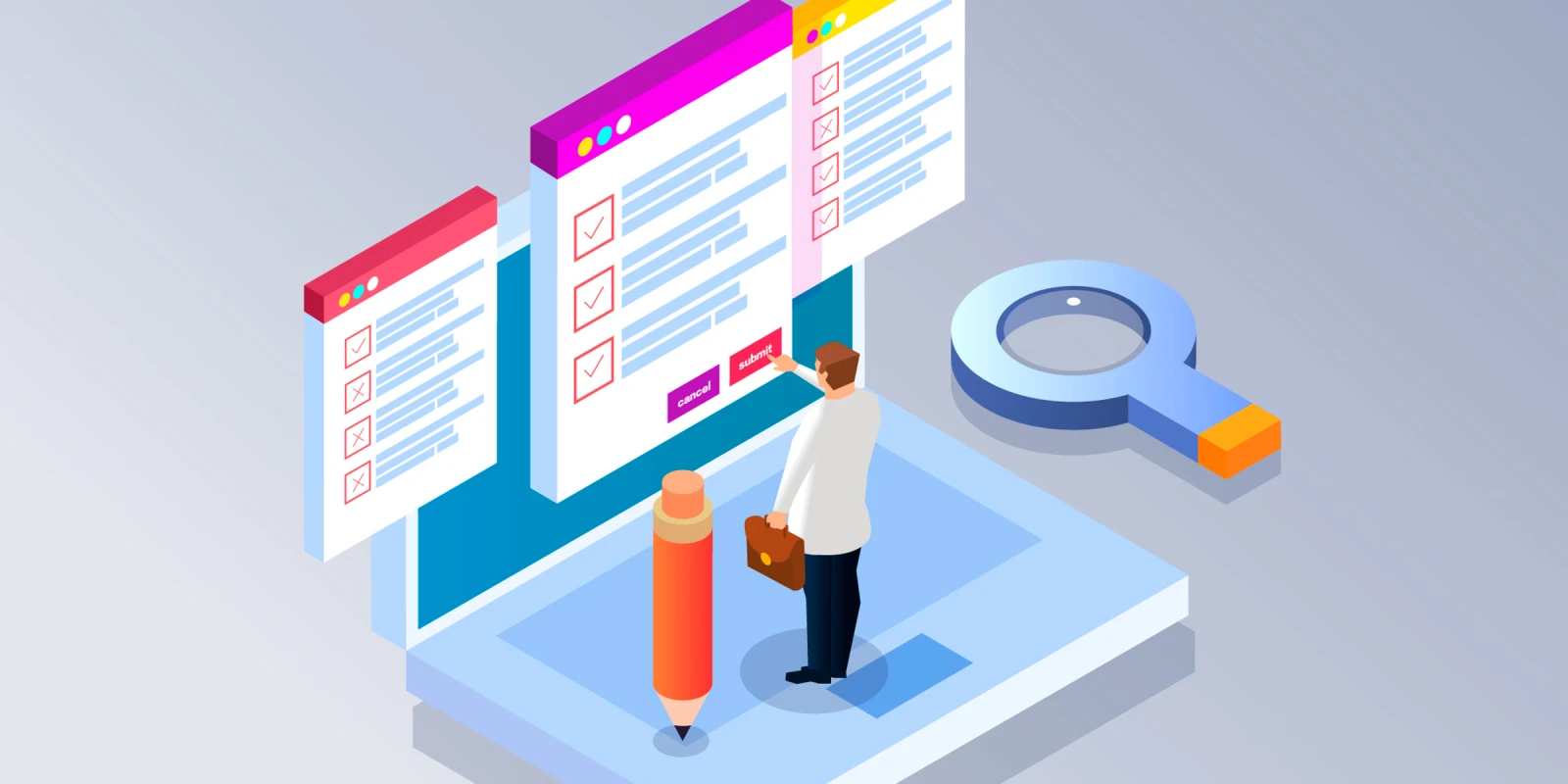This year’s Advances in IBD meeting followed a similar pattern as in years past with a clinical track for the majority of attendees, with separate tracks for fellows, surgeons, pediatricians, and advanced practitioners. Whether a trainee, community practitioner, or a seasoned IBD clinician, there was something for everyone at this year’s meeting.
Each session included recorded presentations by experts in the field with a pre-scheduled live panel discussion with presenters, where attendees could log on and type in questions. A moderator for each live panel managed the questions and was able to triage them so that the 20 minutes was used in the most effective way possible. The conference started out with a general overview of medical management for IBD, ranging from mild to moderate disease to the severe hospitalized patient to help set the stage for the rest of the topics to follow. What was very interesting was that we realized that not much has really changed in over a decade, despite the addition of multiple mechanisms of action in terms of management of these groups of patients. During the Q&A at the first session, there were more than 100 questions for just the 20 minute time slot.
After that overview, there were then sessions over the next three days focusing on specific topics within IBD, including skin issues, infections, cancer, and nutrition. There was a session on therapeutic drug monitoring, health care maintenance, and post-operative management. Every session, regardless of the topic, was meant to be relevant to practice and contain clinical pearls for those attending. Special guests included experts on social media for clinical practice as well as the management of IBS in an IBD patient. Another very practical session focused on when it was appropriate to abandon medical therapy, something that is often not recognized in a timely manner.
There were certainly presentations on the future of IBD, with topics covering active areas of research but again, with the focus being on the clinician and where this information fits into practice. There was also a session on the best of IBD presented at other meetings, which afforded attendees the opportunity to hear about research presented elsewhere that they may not have had the opportunity to have heard before. There was a session dedicated to endoscopic and imaging interpretation as well as one on how to manage dysplasia, strictures and stomas. The application of data and guidelines was another topic that was very helpful to understand how to use the data that we have available to us.
New this year was a very timely session on the intersection of COVID-19 and IBD, hopefully a session we will not need to have in the future. One of the personal highlights for me was an update by Dr. Uma Mahadevan on the recently published results of the pregnancy and neonatal outcomes registry as well as the presentations of the Sherman prize to Drs Gary Wu, David Rubin, and Jessica Allegretti.
The virtual platform was very easy to navigate and help was available at any time for technical issues. Our pharmaceutical partners held satellite CME symposia and product theater presentations and were available at virtual booths for information and questions. There were also networking opportunities with scheduled time for fellows, women and advanced practitioners.
Overall a highly successful meeting with more than 2,000 attendees that all took home something, as evidenced by the activity on Twitter and Facebook.







